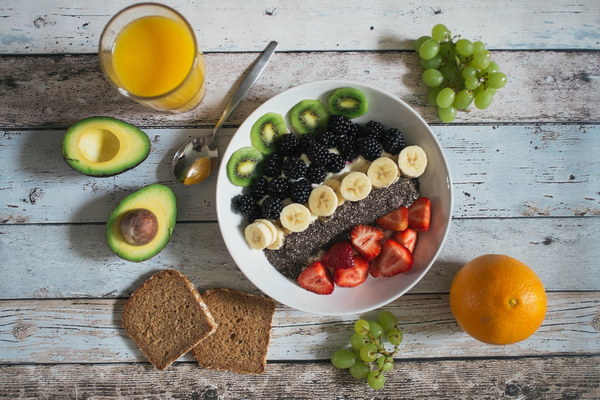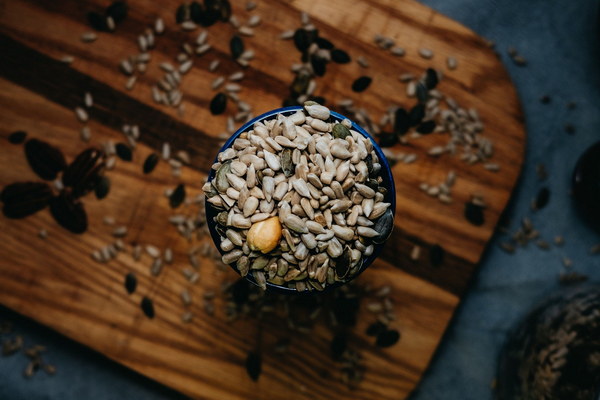Nurturing Health A Journey Through Nutrition and Wellness
Introduction:
In the fast-paced world we live in, taking care of our health and wellness has become more crucial than ever. This handout aims to provide valuable insights into the realms of nutrition and wellness, offering practical tips and knowledge to help you lead a healthier life. Let's embark on this journey to discover the secrets of good health and well-being.
Section 1: The Power of Nutrition
1.1 Importance of a Balanced Diet
A balanced diet is the cornerstone of good health. It ensures that our bodies receive the necessary nutrients to function optimally. Here are some key points to keep in mind:
- Carbohydrates: They provide the energy needed for daily activities. Opt for complex carbohydrates like whole grains, legumes, and vegetables over simple carbs like white bread and sugary snacks.
- Proteins: They are essential for muscle repair and growth. Include lean proteins in your diet, such as chicken, fish, beans, and tofu.
- Fats: Not all fats are bad. Healthy fats, like those found in avocados, nuts, and olive oil, are vital for heart health and brain function.
- Vitamins and Minerals: These are crucial for various bodily functions. Ensure you get enough vitamins A, C, D, E, K, and the B-complex vitamins, as well as minerals like calcium, iron, and potassium.
1.2 Hydration: The Key to Health
Water is essential for life. It plays a vital role in digestion, absorption, circulation, and excretion. Aim to drink at least 8 glasses of water per day to keep your body hydrated and functioning properly.
1.3 Superfoods: Nature's Powerhouses
Superfoods are nutrient-dense foods that offer numerous health benefits. Some popular superfoods include:
- Berries: High in antioxidants, berries can help reduce inflammation and improve brain health.
- Spinach: A rich source of vitamins A, C, and K, as well as iron, spinach can boost your immune system and promote healthy bones.
- Chia Seeds: Packed with omega-3 fatty acids, fiber, and protein, chia seeds can aid in weight loss and digestion.

- Turmeric: Known for its anti-inflammatory properties, turmeric can help alleviate pain and improve brain function.
Section 2: Wellness: Mind, Body, and Soul
2.1 Physical Activity: The Key to Longevity
Regular physical activity is crucial for maintaining good health. It helps prevent chronic diseases, improves mental health, and increases longevity. Aim for at least 150 minutes of moderate-intensity aerobic exercise or 75 minutes of vigorous-intensity exercise per week, along with muscle-strengthening activities on two or more days a week.
2.2 Mental Health: The Foundation of Wellness
Mental health is just as important as physical health. Here are some tips to maintain a healthy mind:
- Mindfulness: Practice mindfulness meditation to reduce stress and improve focus.
- Social Connections: Maintain healthy relationships with friends and family to enhance your emotional well-being.
- Hobbies: Engage in hobbies that you enjoy to keep your mind engaged and active.
2.3 Self-Care: Nurturing Your Inner Being
Self-care is essential for maintaining overall well-being. Here are some self-care practices to consider:
- Quality Sleep: Aim for 7-9 hours of quality sleep per night to give your body time to rest and rejuvenate.
- Healthy Eating: Continue to prioritize a balanced diet rich in fruits, vegetables, whole grains, and lean proteins.
- Regular Check-ups: Schedule regular health check-ups to monitor your health and catch any potential issues early.
Conclusion:
By embracing the principles of nutrition and wellness, you can lead a healthier, happier life. Remember to prioritize your well-being, and don't hesitate to seek professional advice when needed. Happy living!









